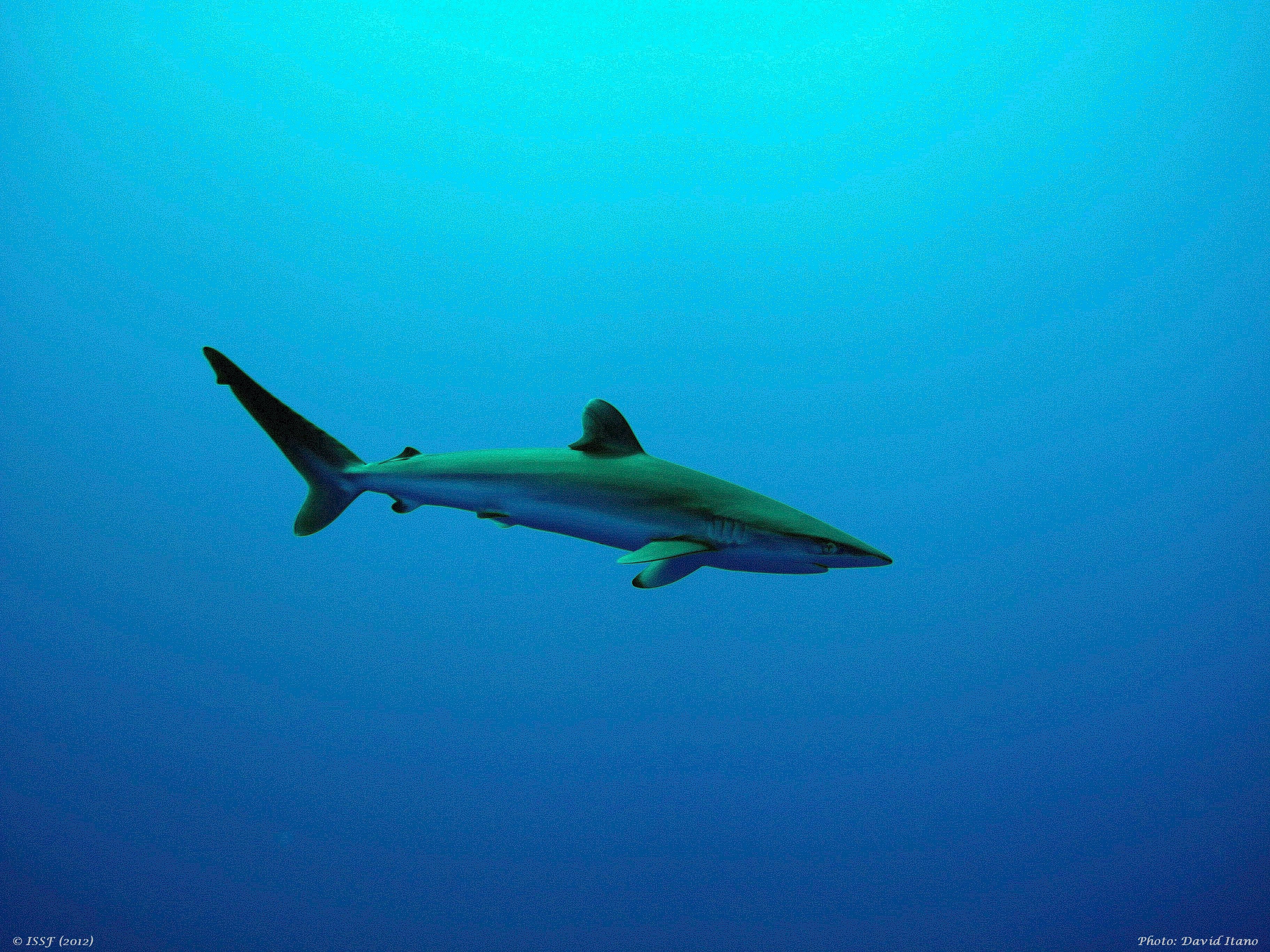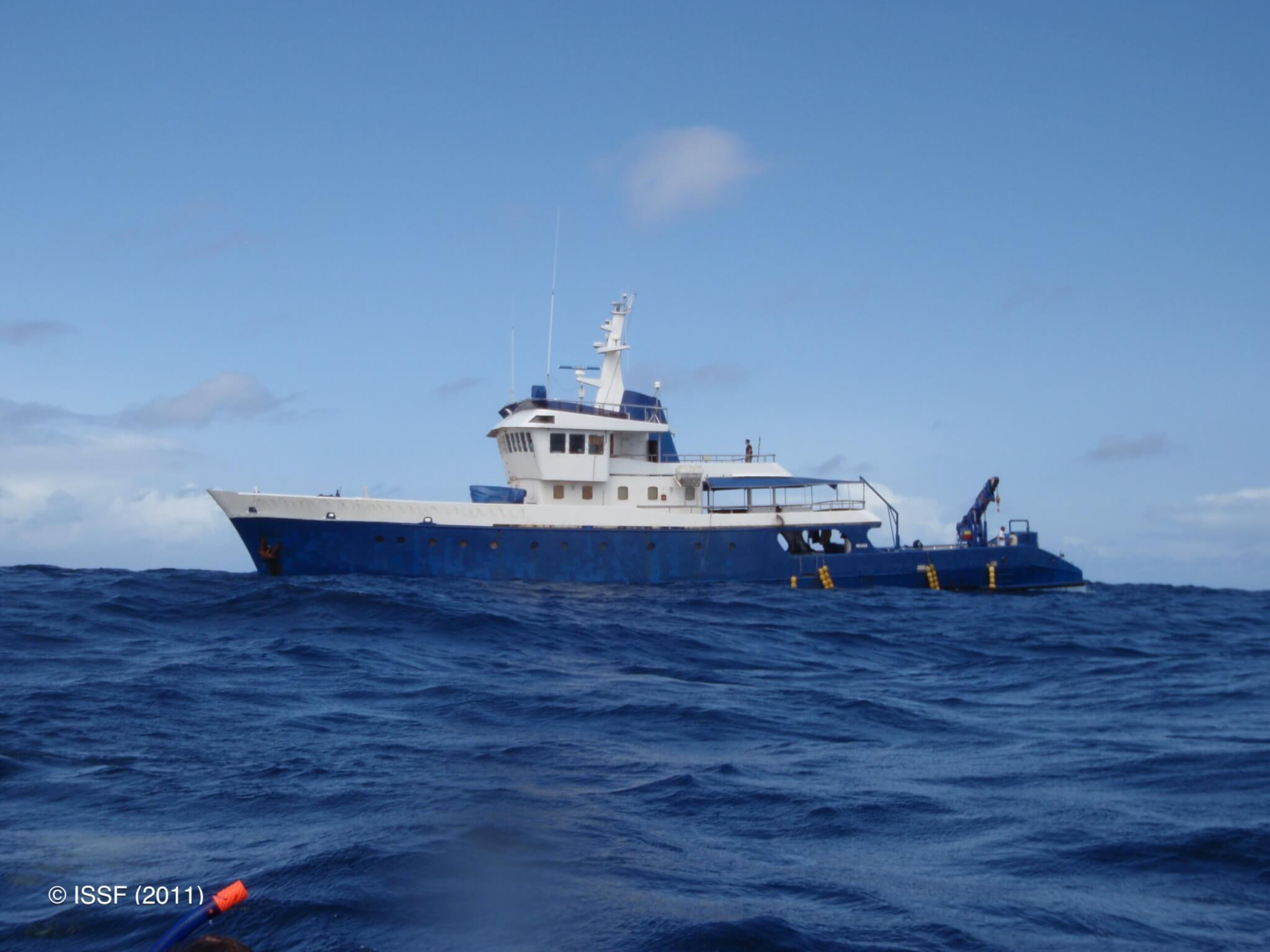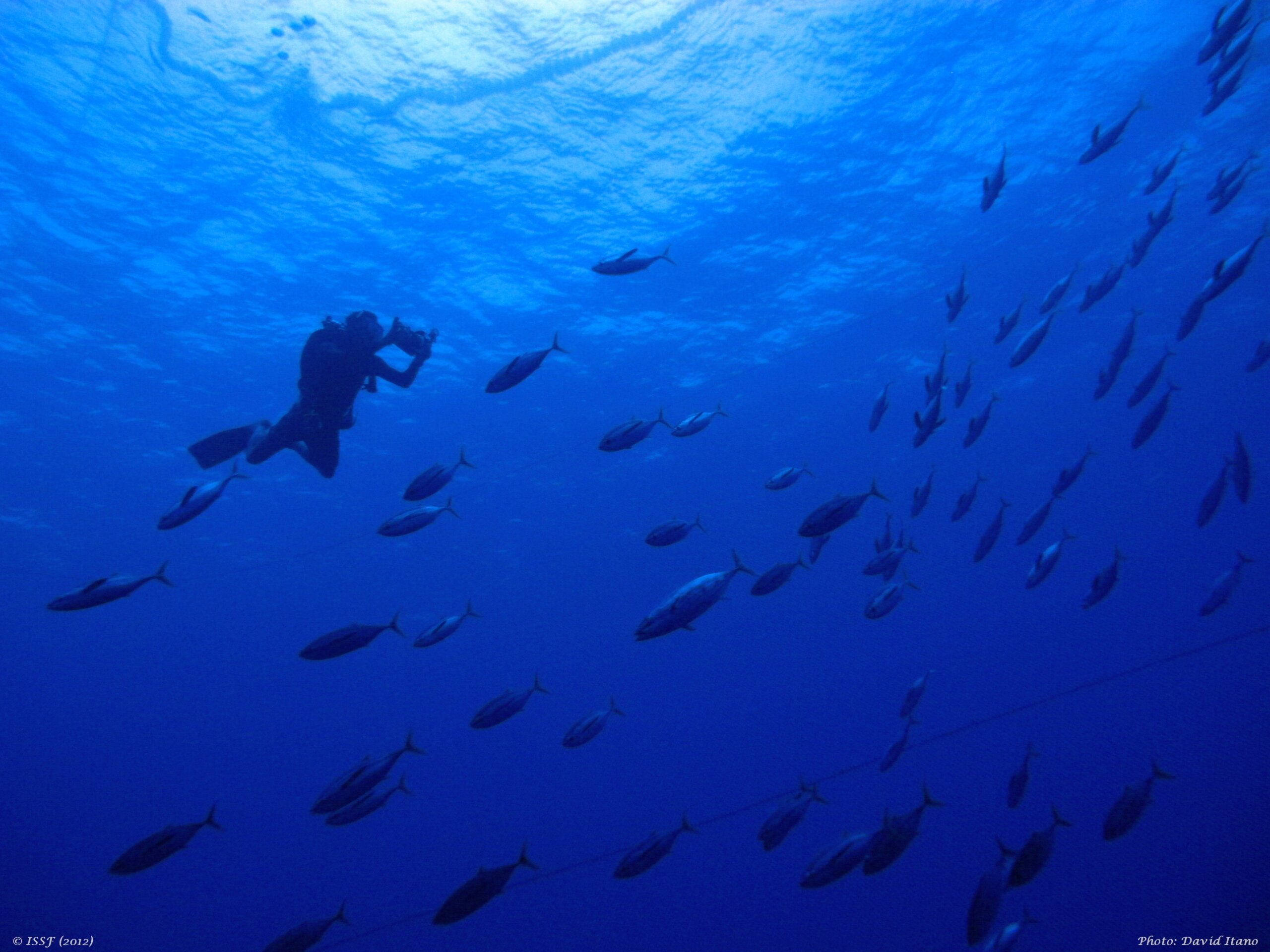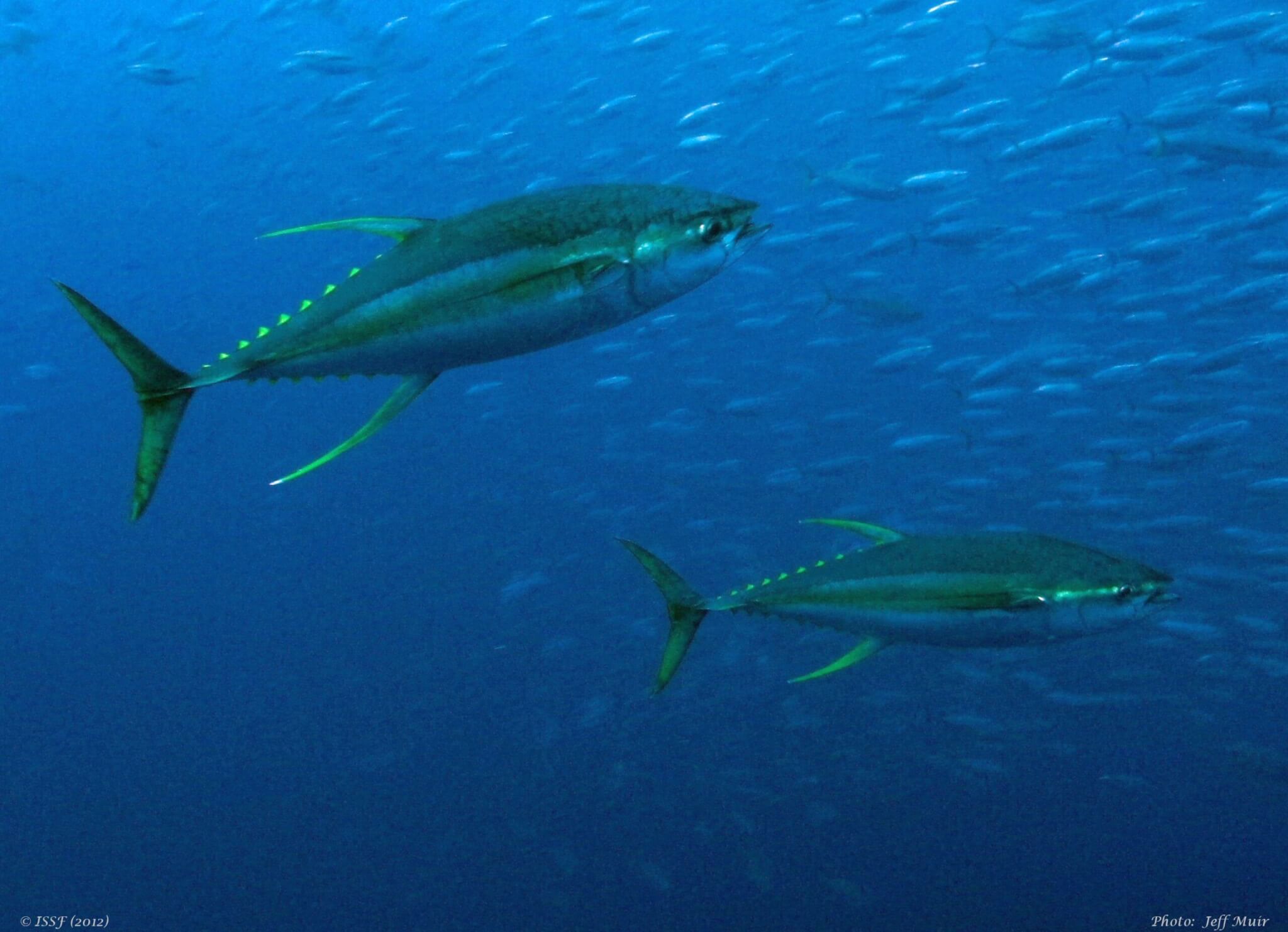
Around the World in a Year
ISSF Organizes Dialogue, Shares Best Practice with the Fishers and More in 2014
Posted by Dr. Jefferson Murua
12 January 2015
Dr. Jefferson Murua works in the Marine Research Division of AZTI, a non-profit foundation committed to the social and economical development of the marine environment and food sector. Dr. Murua also conducts educational workshops and research on behalf of ISSF.
2014 marked another productive round of ISSF by-catch mitigation workshops held with fishers from the principal tuna purse seine fleets of the world. Referred to as ISSF Skipper Workshops, these meetings bring together ISSF scientists with tuna purse seiner skippers to discuss ways to find sustainable fishing practices in FAD-fishing fleets. The workshops also serve as a platform to present to fishers firsthand the latest by-catch reduction advances and identify which solutions fit each fleet better. Upon completion of the workshops, fishers – many of whom work on vessels listed and transparently tracked via the ISSF ProActive Vessel Register – are given a certification in recognition of their efforts.
In addition to fishers, other key stakeholders of the tuna fisheries such as ship owners, fleet managers, cannery directors, government officials, overseas scientists or NGO members participate in these events. A participatory approach improves the speed and adoption of best practices. Many tuna fleets today are voluntarily adopting sustainable measures, such as non-entangling FADs or best on-deck release protocols, even when they are not mandated to do so by their regional management fisheries organizations.
Since the start of the Skipper Workshops in 2010, over 500 skippers and another 500 stakeholders have taken part in these participatory meetings promoting sustainable practices. During the fourth round of workshops in 2014, we visited some of the principal ports and fleets covering the Pacific, Indian and Atlantic Oceans. Special emphasis was placed this year on collaborating with Asian fleets, conducting workshops in Korea, Indonesia, Philippines and Taiwan. We have also continued to work with skippers from the South American fleets such as Ecuador and Panama; and European skippers like those from Spain. In Africa we visited the port of Tema in Ghana, with a workshop in which also pole and line FAD-fishing captains collaborate. Our last stop this year was the port of Pago Pago, American Samoa in the Pacific where an important proportion of the U.S. fleet operates.
I would like to take the chance on behalf of ISSF to sincerely thank all the skippers and industry stakeholders who have shared their time and knowledge over the years. Many of the promising bycatch mitigation ideas that are being tested by ISSF scientists such as escape panels for sharks, ways to release whale sharks or manta rays, or new designs for non-entangling FADs have originated from ideas proposed by skippers! You can learn more about such measures in a new technical report from ISSF, A Summary Of Bycatch Issues And ISSF Mitigation Initiatives To-Date In Purse Seine Fisheries, With Emphasis On FADs . And to review the sustainable tuna fishing techniques and best practices shared at ISSF Skipper Workshops, you can check out ISSF’s Purse Seine Skippers’ Guidebook on the new guidebook platform ISSFguidebooks.org. With the recent addition of Indonesian, Tagalog and Vietnamese translations, ISSFguidebooks.org offers purse seine skipper guides available and downloadable in ten languages. Other languages are Chinese (traditional and simplified), Korean, Japanese, Spanish, French and English.
Our goal for 2015 is to continue to improve the sustainability of tuna fisheries making best use of the feedback provided by expert skippers from all over the world, while working with even more skippers through even more workshops.


